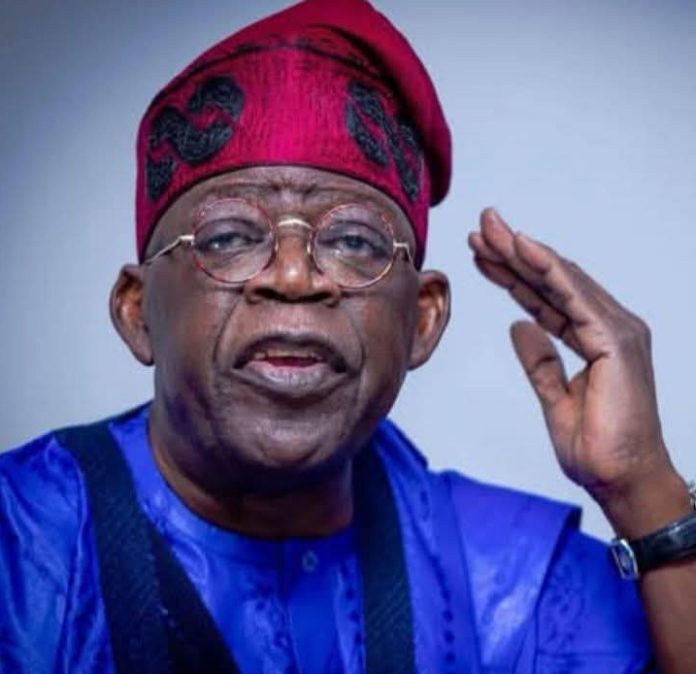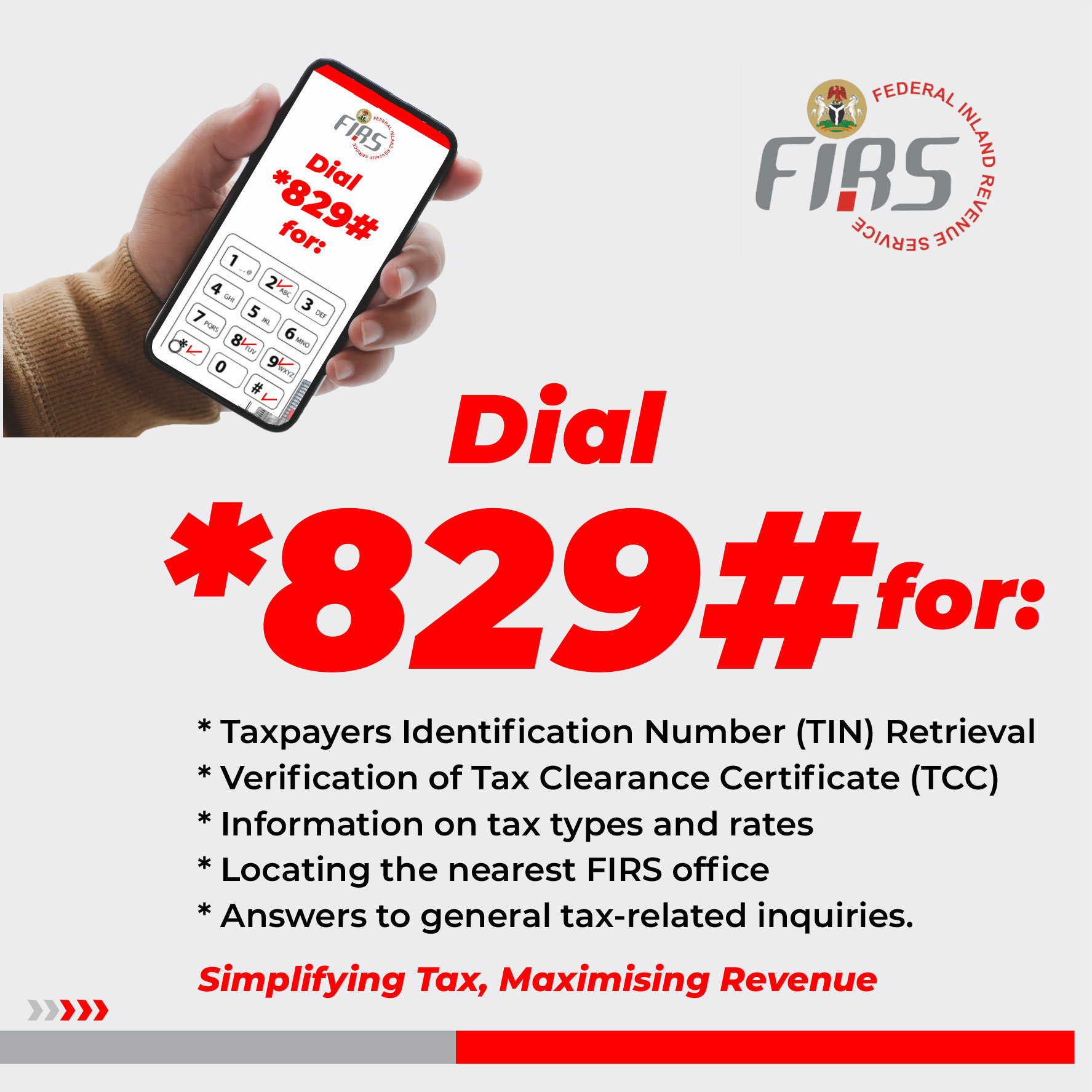29th May, 2025
Taiwo Ogunniyi
29th May, 2023 was the date that President Bola Ahmed Tinubu and other elected State Governors whose tenures were either renewed for another term or start afresh were entrusted with the mandate to lead Nigeria and their respective states for four years. President Bola Tinubu’s administration came on the mantra of “Renewed Hope Agenda” of his campaign manifesto.
However, two years down the line, things haven’t really been what Nigerians expect as the masses face hardship caused by the removal of the fuel subsidy announced by the President immediately he took over the administration from his predecessor in office, Muhammadu Buhari.
As President Bola Ahmed Tinubu and other elected Governors begin the third year of their respective first or second terms in office, Nigerians are split between cautious optimism and growing frustration over the outcomes of the President’s reform-heavy administration. While the President’s bold decisions have sparked structural shifts in the economy and governance, their painful consequences continue to test the patience of a population already burdened by inflation and insecurity.
From the outset, Tinubu signaled a break from business as usual. The immediate removal of the long-standing fuel subsidy and the unification of the naira exchange rate were hailed by economists as long-overdue steps toward fiscal stability. But for many Nigerians, these reforms came with a steep price.
“The past two years have brought unprecedented suffering,” said Ifeoluwa Adeola, a Lagos-based trader. “Food, transportation, and basic services are now out of reach for ordinary people. The hardship is real, and the government must act fast to cushion the blow.”
The inflation rate hovers near 30 percent. The naira has fallen sharply against the dollar, with exchange rates fluctuating between N1,700 and N1,800. Incomes have remained stagnant for most, with the promised new minimum wage of N70, 000 have yet to fully take effect in many states.
Still, there are Nigerians who argue that these pains are necessary to lay the foundation for future progress. Rev. Felix Ajide, a clergyman and journalist in Ilorin, believes the reforms, while difficult, are yielding some results. “We’ve seen positive signs – companies returning to profitability, student loans disbursed to nearly 500,000 beneficiaries, and relative calm in the tertiary education sector,” he said. “But the government must avoid distractions like early politicking and focus more on key sectors—power, health, and infrastructure.”
Public affairs analyst Adeleye Samuel Olalekan described the period as “painful but necessary,” adding that the administration has achieved some fiscal independence by exiting IMF debt and improving state allocations.
Others are less convinced. Pastor Osahon Michael Onaiwu, Executive Director of the Foundation for Excellence in Leadership, was blunt in his assessment: “This has been a season of terror for the average Nigerian. Hyperinflation, insecurity, and rising authoritarianism are pushing the country toward a one-party state.”
Despite his criticisms, Onaiwu acknowledged some positive policy directions, such as the push for local government autonomy and efforts to break monopolies in the oil sector. However, he warned that such moves remain largely theoretical without real political will.
Oluwatoyin Olaniyi, a development analyst, gave the administration a 70 percent rating, arguing that the Tinubu government is slowly dismantling a legacy of maladministration. “Frameworks for sustainable growth are finally being laid,” she said.
But not everyone shares her optimism. Mr. Ogunniyi Odunayo, a public affairs analyst, asked pointedly, “What gains are we talking about when families can’t afford food, petrol is beyond reach, and insecurity is still widespread?
Yet, figures like Mr. Biodun Esan sees a bigger picture. “Tinubu inherited a broken economy. Removing the fuel subsidy saved Nigeria over N4 trillion annually and boosted our foreign reserves to nearly $34 billion,” he said.
He also noted efforts such as the Port Harcourt refinery reopening, the adoption of gas-powered vehicles, and distribution of palliatives to civil servants.
Critics have questioned the size of Tinubu’s cabinet and political appointments, arguing that they contradict his promises of a lean and efficient government. Mr. John Peter, a political observer, highlighted the inconsistency. “While cutting subsidies, the President expanded the federal cabinet. That sends a confusing message,” he said.
Peter also expressed concerns about rising insecurity in Niger, Borno, Plateau, Benue and Kwara States and the controversial state of emergency declared in Rivers State. “We need less drama and more focus on real governance,” he added.
Omo’ba Yemi Adurotoye, Director at the Association of Local Governments of Nigeria (ALGON) in Kwara State, offered a more pragmatic view. “The government started on a rough note, but policies are beginning to take shape. Reforms are being quietly implemented in critical sectors,” he said.
He emphasized the need for local government autonomy, targeted rural development, and investment in power generation as game-changers.
Adurotoye also praised the introduction of the student loan scheme (NELFUND) and the support to tertiary institutions for infrastructure and power improvement.
“These are policies that can directly impact the lives of young Nigerians if scaled properly,” he added.
Linus Imodiboh, another public affairs analyst, summed it up: “We are at a turning point. The reforms are tough, no doubt, but they show a willingness to break with the past. What’s needed now is empathy, transparency, and sustained investment in the sectors that touch people’s lives.”
As President Tinubu and other state governors enter the second half of their tenure, the stakes are high. For millions of Nigerians, the critical question remains: will the sacrifices made today offer any hope for a better tomorrow—or will the pains of reform simply become the new normal?




